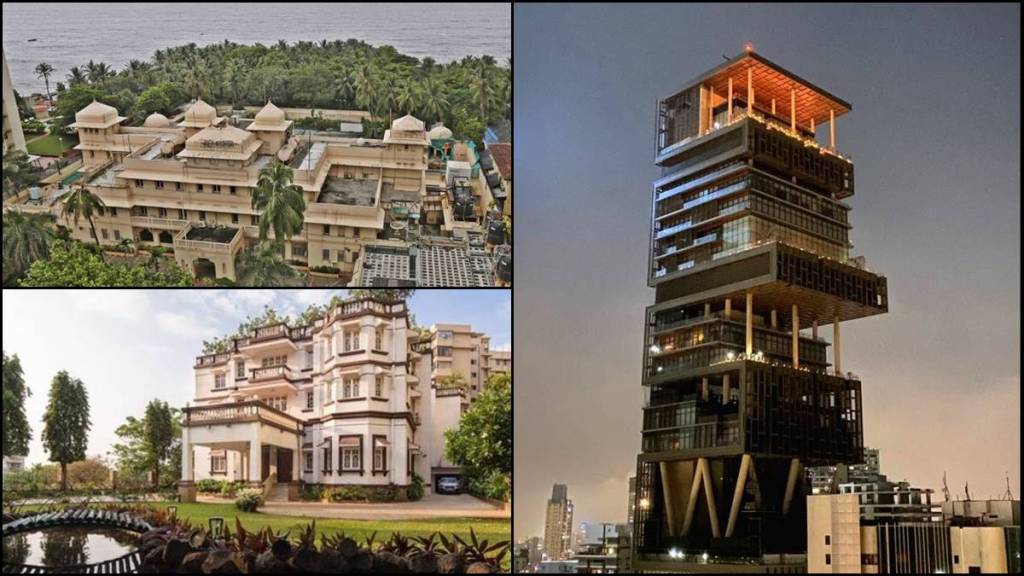“Antilia, the Most Expensive House in the World, is a 27-Storey House Owned by the Waqf – Its Real Value Will Shock Everyone”
Antilia, the iconic 27-storey skyscraper residence in Mumbai, is often hailed as the most expensive private home in the world. Owned by Mukesh Ambani, the chairman of Reliance Industries, the staggering wealth associated with this mansion continues to capture the world’s imagination.
But while the towering structure is synonymous with luxury and opulence, there’s a surprising twist to its story that many are unaware of—it’s reportedly owned by a Waqf, or religious endowment, raising questions about its real value and ownership.

Built in the heart of Mumbai’s upscale Altamount Road, Antilia is a marvel of modern architecture, rising to a height of 570 feet. Spanning over 400,000 square feet, the mansion features luxurious amenities, including multiple swimming pools, a grand ballroom, a private cinema, multiple helipads, and even a snow room to escape Mumbai’s heat. It requires a staff of over 600 people to maintain the property.
The Ambanis’ residence is designed to withstand natural disasters, including earthquakes of up to 8 on the Richter scale. Each of the 27 floors is uniquely designed, with double-height ceilings, which gives the illusion that the house is a lot taller than a conventional high-rise of similar size. Valued at over $2 billion, Antilia has been a symbol of excessive wealth, fueling both admiration and criticism in equal measure.
However, the real twist lies in the history of the land on which Antilia is built. The plot was originally owned by an organization tied to a Muslim charitable trust. Reports have suggested that this land was part of a waqf—an Islamic charitable endowment that is traditionally used for religious or philanthropic purposes.
The Waqf Board, which administers such lands, had leased the property for the construction of a building. But when the land was sold for the construction of Antilia, the transaction sparked controversy, with some arguing that the sale violated the principles of waqf and should have been allocated to a more charitable use.

This revelation has led to debates about whether such a high-value property, built on waqf land, can legally belong to a private individual. While the Ambanis have maintained their legal ownership of Antilia, some critics claim that the mansion should belong to the public due to the charitable nature of its original designation.
The concept of waqf in Islamic law is that once a property is designated for charity or public welfare, it can’t be sold or inherited. This means that technically, Antilia might be seen as belonging to the community, rather than to any one individual or family.
The controversy doesn’t seem to have affected the Ambanis’ life in Antilia, but it does add another layer of complexity to the building’s already fascinating history. For many, Antilia is a symbol of unmatched luxury, yet for others, the hidden story of its ownership brings a sense of moral and legal ambiguity.
In the end, the true value of Antilia may not lie in its price tag, but in the ethical questions it raises about wealth, privilege, and charity. While Mukesh Ambani’s residence stands tall as a testament to modern luxury, its roots in waqf ownership continue to intrigue and shock those who learn about this lesser-known aspect of the world’s most expensive home.





